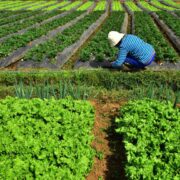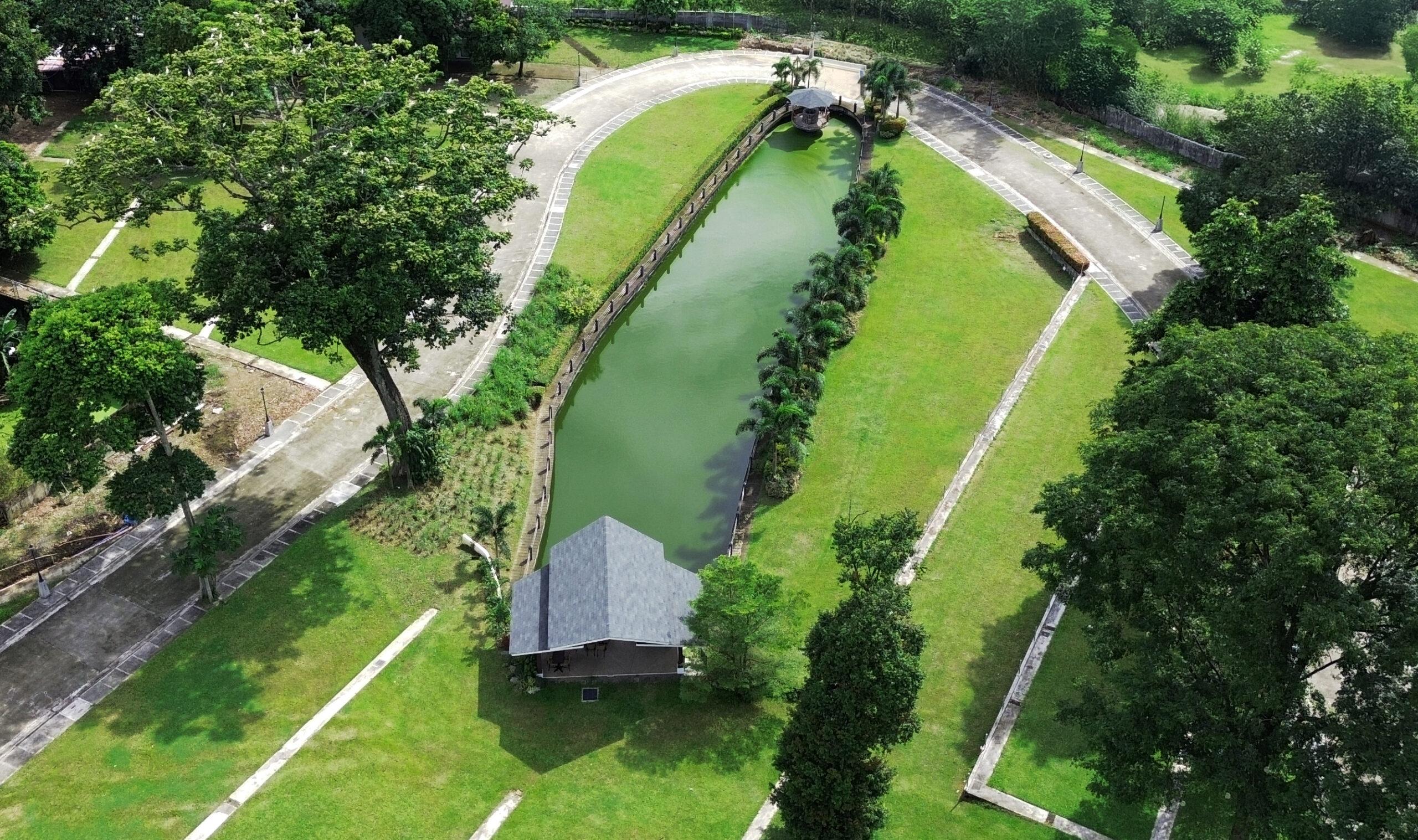
MANILA, PHILIPPINES (31 May 2022) — The Asian Development Bank (ADB) has approved a $250 million policy-based loan to support the Philippines in its climate change adaptation and mitigation efforts.
The Climate Change Action Program will help the Philippines deliver its nationally determined contribution—its commitment to help advance global efforts to stabilize the world’s climate under the Paris Agreement—and intensify efforts to transform vulnerable sectors toward a climate-resilient and low-carbon economy.
“We have a climate emergency, and all countries must come together and address the causes and adapt in a way that ensures food security, protects our biodiversity, and improves the well-being of millions of vulnerable persons,” said ADB Vice-President for East Asia, Southeast Asia, and the Pacific Ahmed M. Saeed. “The Philippines has adopted important climate actions and goals that will help address these threats and challenges and guide a green and resilient recovery after the COVID-19 pandemic.”
“This is ADB’s first climate action policy-based loan. It will support the Philippines develop, deliver, and finance a holistic approach to address climate change by transitioning to low-carbon pathways, strengthening the ability of vulnerable sectors to adapt to climate change, and increasing conservation of land and marine resources,” he said.
The Global Climate Risk Index 2021 ranks the Philippines fourth among countries most affected by extreme weather globally from 2000 to 2019. The pandemic has heightened the country’s vulnerability to the economic impact of severe weather events. Poorer households are disproportionately affected, especially in urban areas with less secure infrastructure, and those situated along the country’s vast coastal areas most exposed to extreme weather.
The new program targets policy reforms and will help the Philippine government build planning, financing, and institutional systems to scale up climate action. It will support reforms to enhance the resilience of farming and fishing communities to the increasing impacts of climate change and reduce greenhouse gas emissions through the deployment of renewable energy, energy efficiency, and sustainable transport. The program was prepared jointly with the Agence Française de Développement, which is providing cofinancing of $172 million to the government.
ADB’s loan is part of its commitment to bold climate action. This includes its elevated ambition to deliver $100 billion in cumulative climate finance to its developing member countries (DMCs) from 2019 to 2030; its collaboration with the Philippine government to pilot its Energy Transition Mechanism aimed at accelerating the retirement of coal power plants and replacing them with clean power infrastructure; and its support for a green recovery through the ASEAN Catalytic Green Finance Facility. ADB has joined other multilateral development banks in committing to a just transition that supports DMCs to move toward net-zero emission economies.
Policy-based loans transfer loan amounts to a government’s general budget instead of paying for explicit project costs. Loan funds are disbursed only when the borrower completes policy reforms or actions that have been agreed with ADB. This is ADB’s first policy-based loan that addresses climate change as its core objective.
ADB is committed to achieving a prosperous, inclusive, resilient, and sustainable Asia and the Pacific, while sustaining its efforts to eradicate extreme poverty. Established in 1966, it is owned by 68 members—49 from the region.
–
Stay updated with news and information from the Asian Development Bank by visiting their website at https://www.adb.org/.





